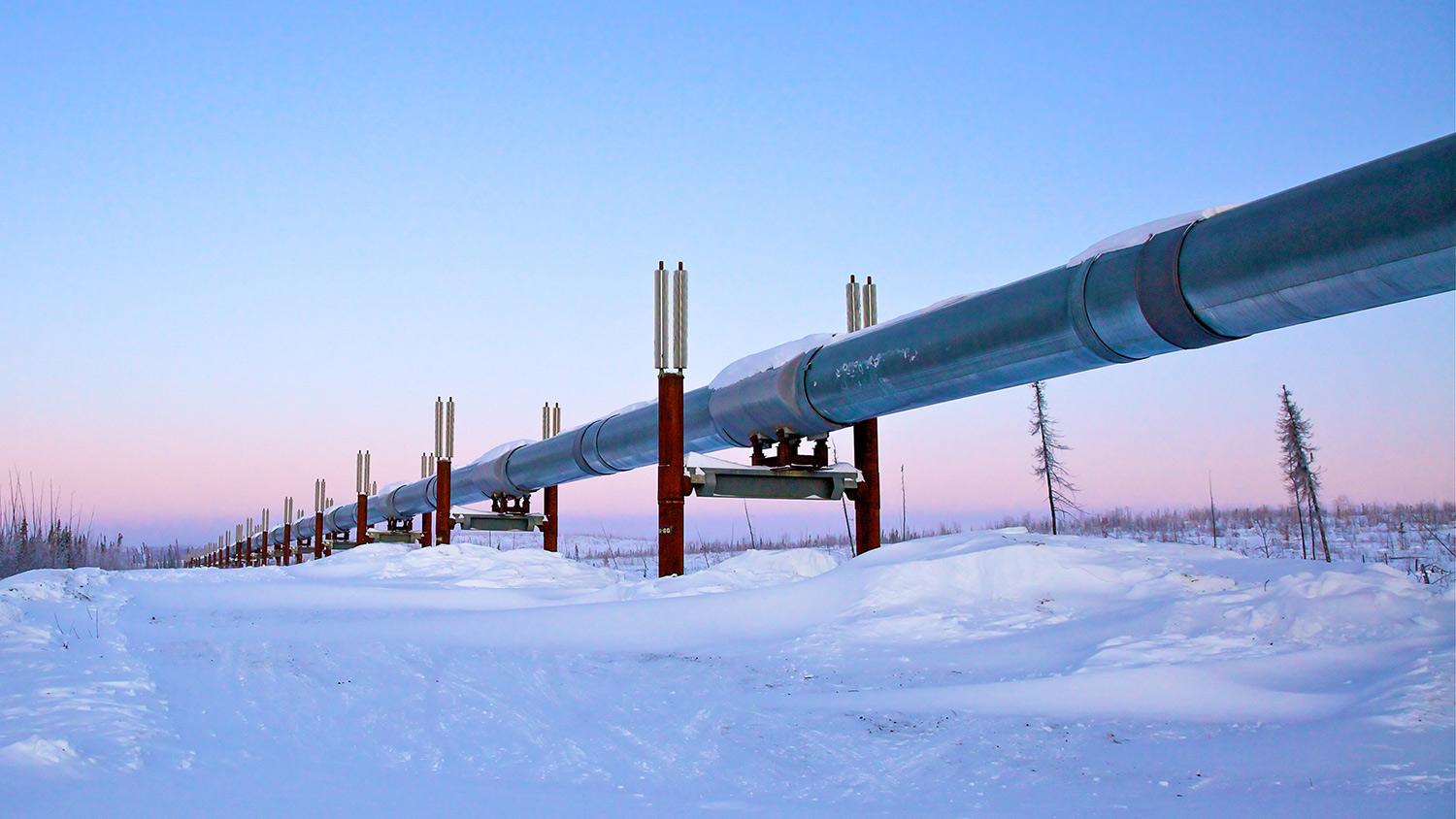Environmental and First Nations groups are celebrating recently elected Canadian Prime Minister Justin “Hair Model” Trudeau’s decision to ban crude oil tankers from British Columbia’s northern coast.
The moratorium will stop progress on the $7 billion Northern Gateway pipeline, an unpopular project approved by former PM Stephen Harper last year. It would have moved diluted bitumen — a particularly nasty form of crude oil — from the tar sands of Alberta to the west coast of B.C. for shipment east to China.
A ban would prevent hundreds of tankers each year from carrying diluted bitumen extracted from Alberta’s oil sands and piped up to northern B.C. from being shipped for export overseas.
“It will mean that Northern Gateway will never happen,” said Gerald Graham, a Victoria consultant specializing in oil spills for more than 40 years.
He said it remains to be seen what activities other than projects involving crude oil tankers will be permitted and which communities could be affected.
“It’s one thing to say what can’t take place, but another to say what will be allowed.”
Diluted bitumen from the tar sands is particularly concerning to environmentalists. It’s just about the worst oil on the planet in terms of climate impact, and when spilled it makes one hell of a mess. As Grist’s Heather Smith wrote last year, it is “something of a debutante, oil-spill-wise: when over a million gallons of it spilled out of an Enbridge pipeline and into Michigan’s Kalamazoo River, spill response crews found that it behaved differently than the oil spills they had been trained on — instead of floating, it sank, and crawled blob-like along the river floor, eluding cleanup like a B-movie monster.”
For now, at least, that monster is being kept out of British Columbia’s northern boreal forests. Add that to the Keystone XL rejection, and tar-sands oil production should be looking decidedly less attractive to the fossil fuel industry these days.



